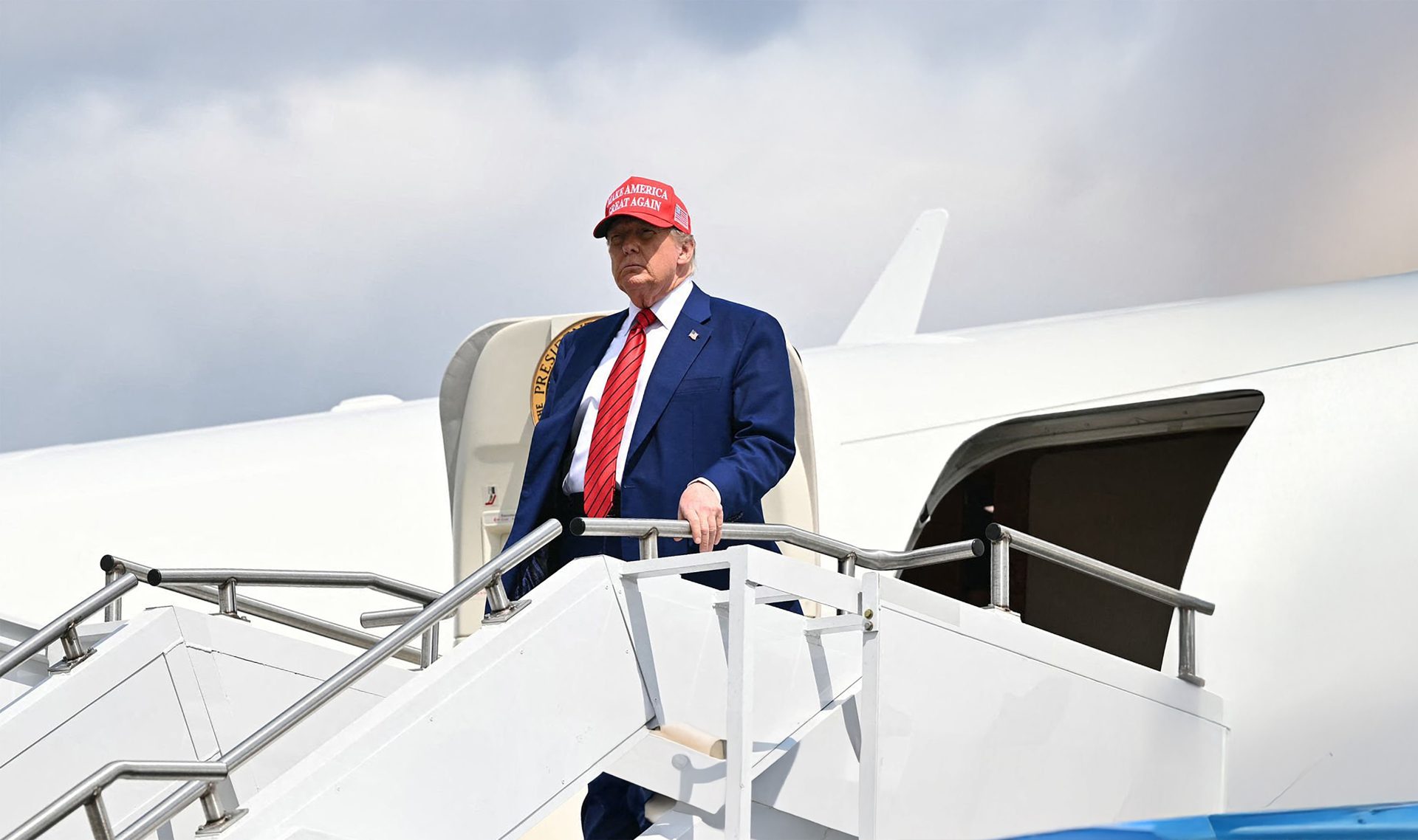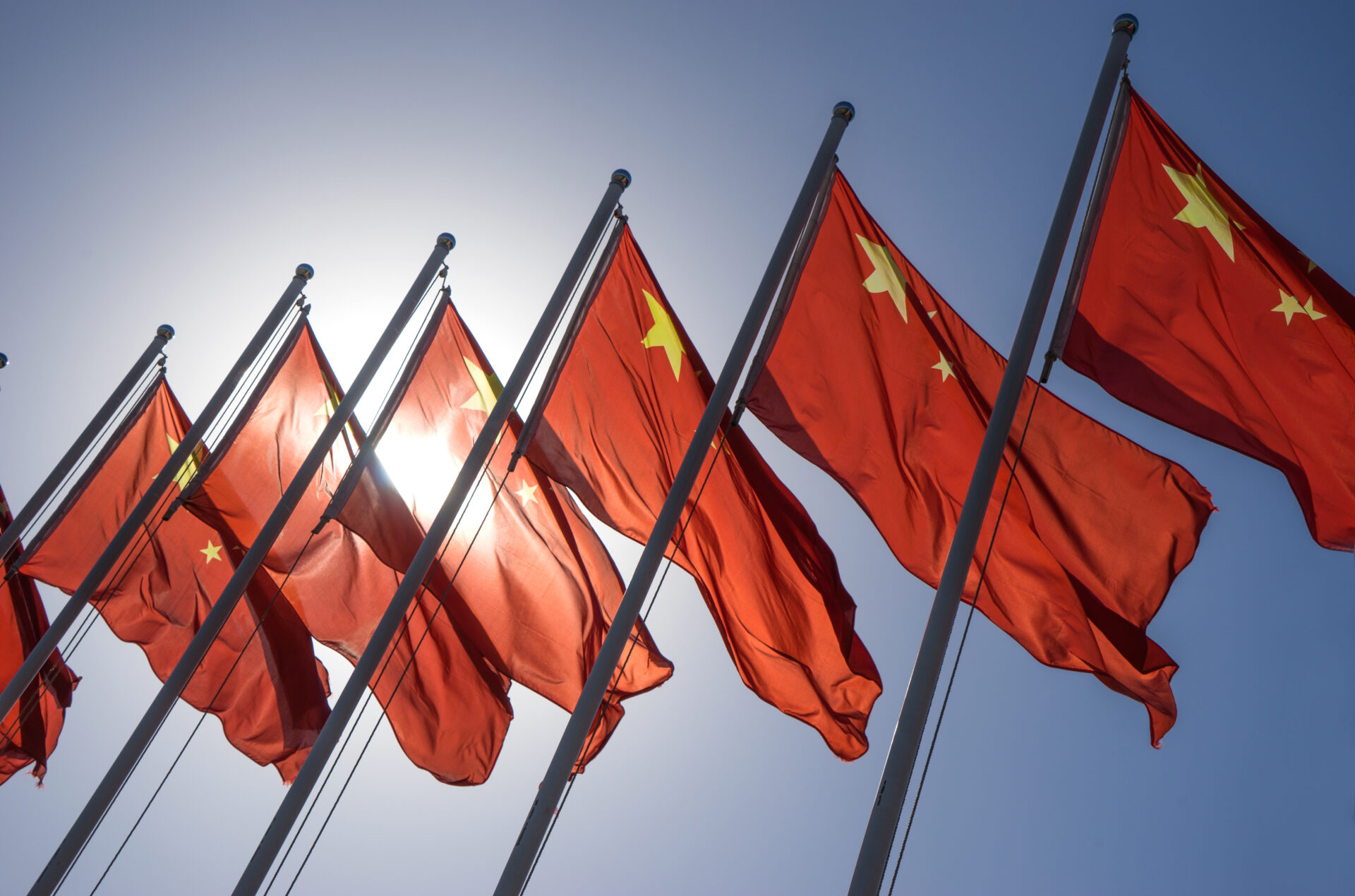
Trump Declares WAR on Media Mogul!
Donald Trump is suing Rupert Murdoch and the Wall Street Journal over a scandalous Epstein-era birthday letter, sparking a confrontation that could reshape media accountability.
At a Glance
- Trump filed a defamation lawsuit in Florida federal court seeking at least $10 billion in damages.
- The suit names Rupert Murdoch, Dow Jones, News Corp, WSJ editors, and two reporters
- Central claim: WSJ published a false, sexualized birthday letter allegedly from Trump to Jeffrey Epstein in 2003.
- Trump denies writing the letter or drawing the nude illustration and labels it “fake news.”
- The Justice Department concurrently moved to unseal Epstein grand jury transcripts, amid renewed public scrutiny.
Clash Over Alleged Letter
Donald Trump’s lawsuit targets a Wall Street Journal article that described a letter from Trump to Jeffrey Epstein as part of a risqué birthday scrapbook from 2003. The letter allegedly contained suggestive language and a nude sketch, a claim Trump has categorically denied. He asserts the letter is a forgery and that the Journal’s reporting was not only defamatory but motivated by political bias.
Filed in Florida’s Southern District, the lawsuit accuses Murdoch, the Journal, Dow Jones, and two named reporters of acting with actual malice. Trump’s legal team contends that no effort was made to authenticate the letter, nor was any evidence provided to validate its existence. The complaint seeks a staggering $10 billion in damages, signaling Trump’s most aggressive legal maneuver against a media entity to date.
Watch a report: Trump sues Murdoch and WSJ for libel and slander over Epstein
Broader Political Fallout
This defamation claim intensifies the ongoing feud between Trump and media empires once seen as conservative allies. The lawsuit comes on the heels of multiple high-profile defamation battles Trump has initiated against news organizations, furthering his narrative of being a victim of coordinated media attacks.
Concurrently, the Justice Department announced efforts to unseal transcripts from Epstein’s grand jury proceedings, a move expected to reignite national debates on transparency and accountability related to the Epstein scandal. The timing of these developments has prompted speculation about political motivations, particularly as the 2026 electoral cycle looms.
The case could set a precedent for how public figures confront major media outlets over reputational damage. A win for Trump might embolden other high-profile individuals to pursue aggressive legal action against perceived media defamation, whereas a loss could fortify journalistic protections under the First Amendment. Either outcome promises to reverberate through political, legal, and media landscapes for years to come.


